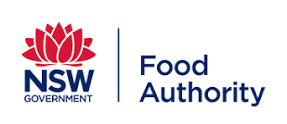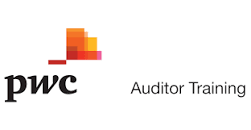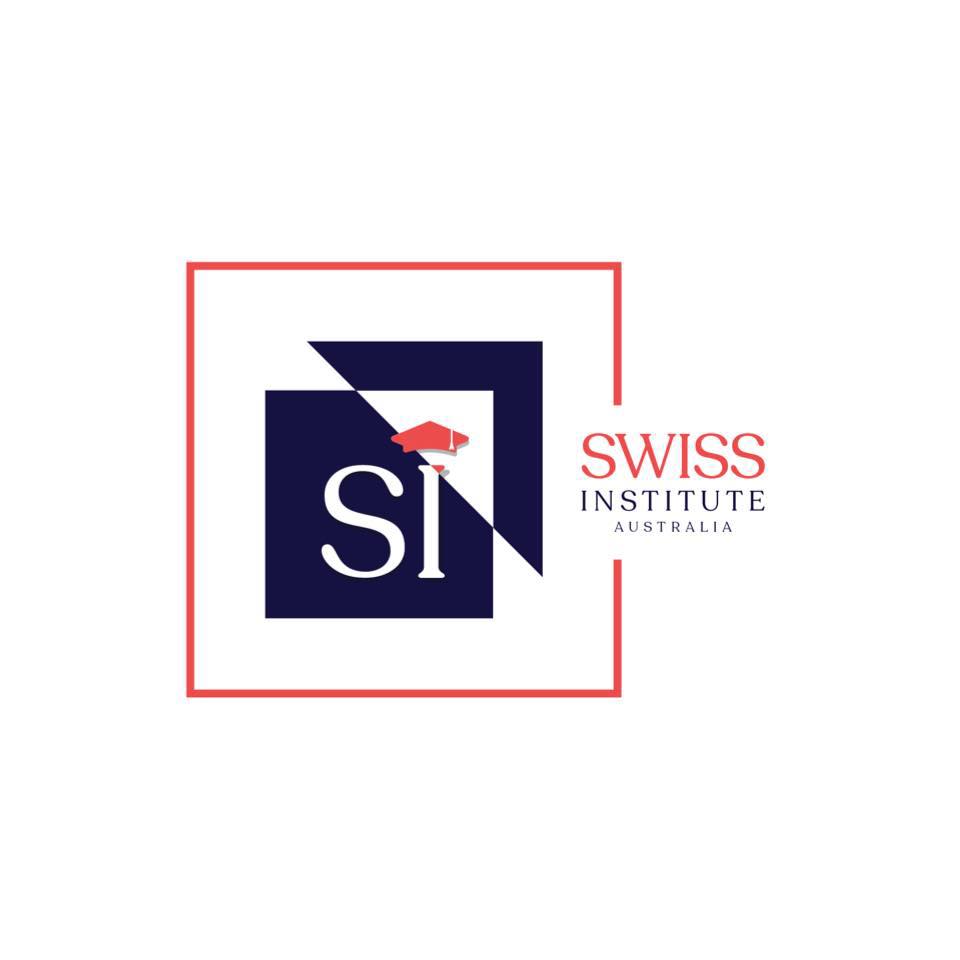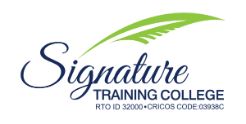Food Safety Supervisors (FSS) oversee day-to-day food handling operations and ensure risks are managed. The NSW FSS program helps businesses meet their obligations under the Food Standards Code, NSW Food Act and Food Regulation.

Food Safety Supervisors (FSS) oversee day-to-day food handling operations and ensure risks are managed. The NSW FSS program helps businesses meet their obligations under the Food Standards Code, NSW Food Act and Food Regulation.
The role of an FSS is to minimise the risk of customers becoming ill from food poisoning because of incorrect handling and preparation of food.
Statistics show that incorrect food handling practices in retail and hospitality food businesses account for up to 50 per cent of foodborne illness outbreaks in NSW, costing the community hundreds of millions of dollars each year in healthcare and lost revenue.
Appointing an FSS gives food businesses a better level of onsite protection for food safety and gives consumers peace-of-mind when dining out, taking away or buying food in NSW.
The NSW Food Authority works with key agencies including local councils and NSW Health to ensure effective food safety and food quality management underpins confidence in the state’s food industry and reduces the incidence of food poisoning.
We take a consultative approach to working with stakeholders across the state’s varied food industries including meat, egg, dairy, poultry, seafood and shellfish, plants, vulnerable population and retail sectors to deliver safe, quality and healthy food in NSW.
We work to ensure food produced, manufactured and sold in NSW is monitored and safe at each step it goes through – from paddock to plate.
Our ongoing process of measuring and promoting food safety to the food industry and the provision of education resources for consumers, empowers them to make more informed and educated food choices.
This in turn improves the quality and safety of food, enhancing the confidence and wellbeing of the NSW community.

Australian College of Training is a provider for HACCP Risk Management courses in Australia. This program can be complete by attending a 2 day workshop here or arranged in your workplace plus accompanying workplace learning and assessment. Full completion of the program will take approximately 2...

This course is the entry-level for basic food hygiene procedures. The course covers the practical skills and knowledge required in understanding the importance of serving and storing food safely, the necessary measures for serving food to vulnerable persons and the safety requirements for commercia...

This 3-day course provides you with a comprehensive and practical understanding of HACCP principles, the Food Safety Management Systems ISO 22000:2018, and the National Food Safety Auditor (NFSA) scheme.

This qualification reflects the role of commercial cooks who use a wide range of well-developed cookery skills and sound knowledge of kitchen operations to prepare food and menu items.

Food Safety Supervisor (Level 1 & 2) course is offered by Signature Training College. Whether you’re just starting out in your career, want to gain more skills and qualifications, add to your previous experience, or simply broaden your horizons. We have something for everyone!
© 2025 coursetakers.com All Rights Reserved. Terms and Conditions of use | Privacy Policy